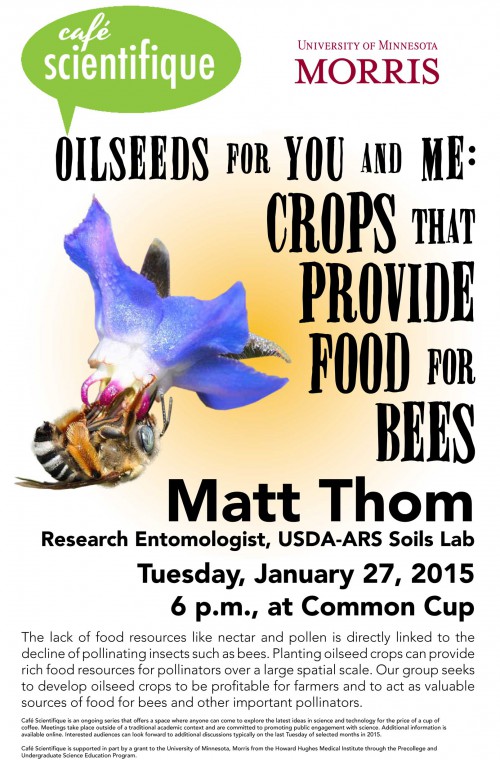The The Crafoord Prize in Biosciences has been announced. For those who don’t know, this is a very prestigious award, comparable to the Nobel prize, only not as well known. The categories are specifically designed to complement the Nobel.
This year’s winners are Richard Lewontin and Tomoko Ohta, and it’s about time.




